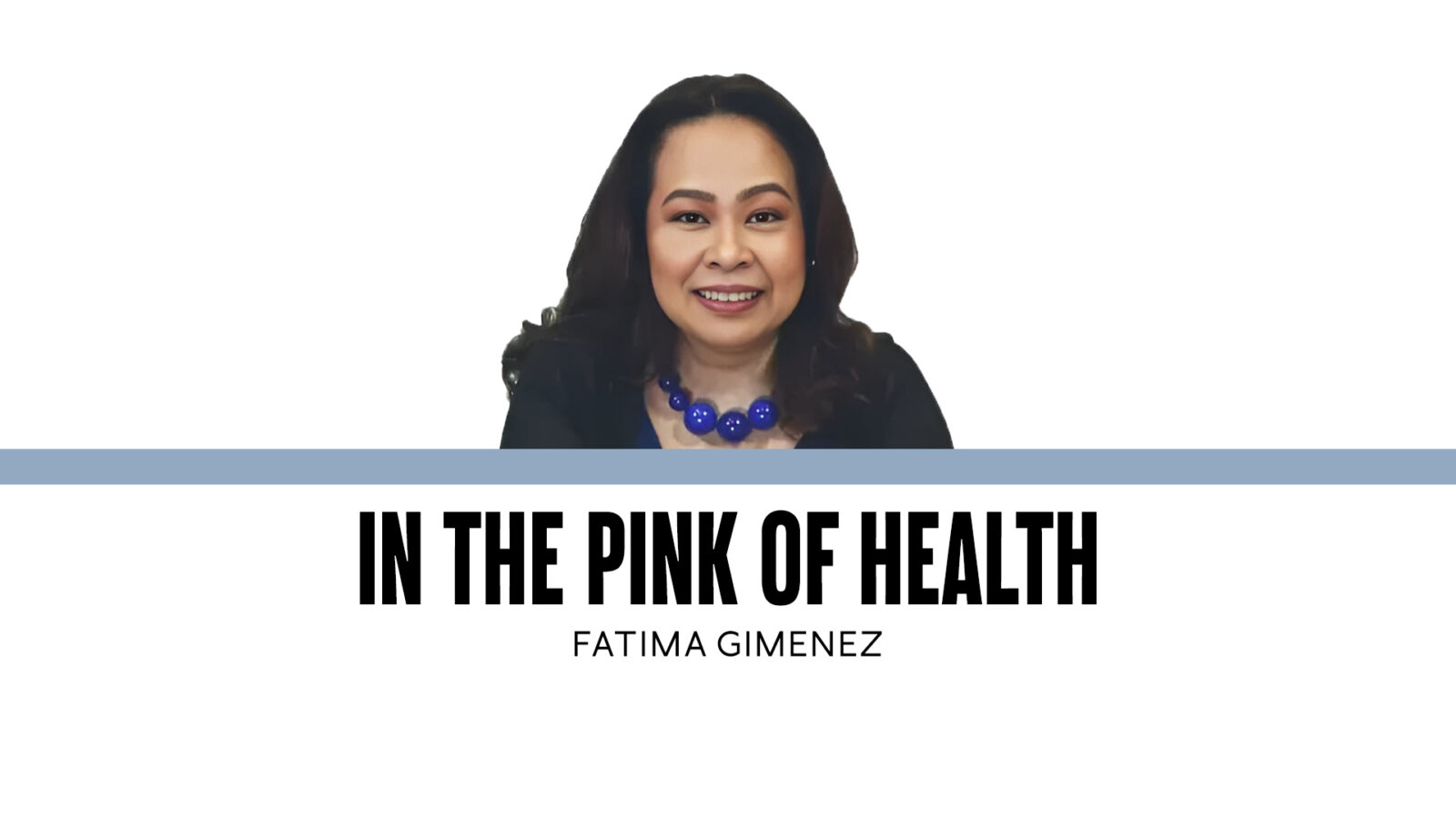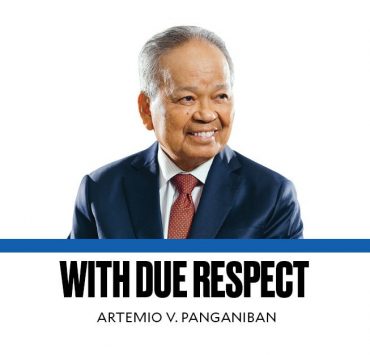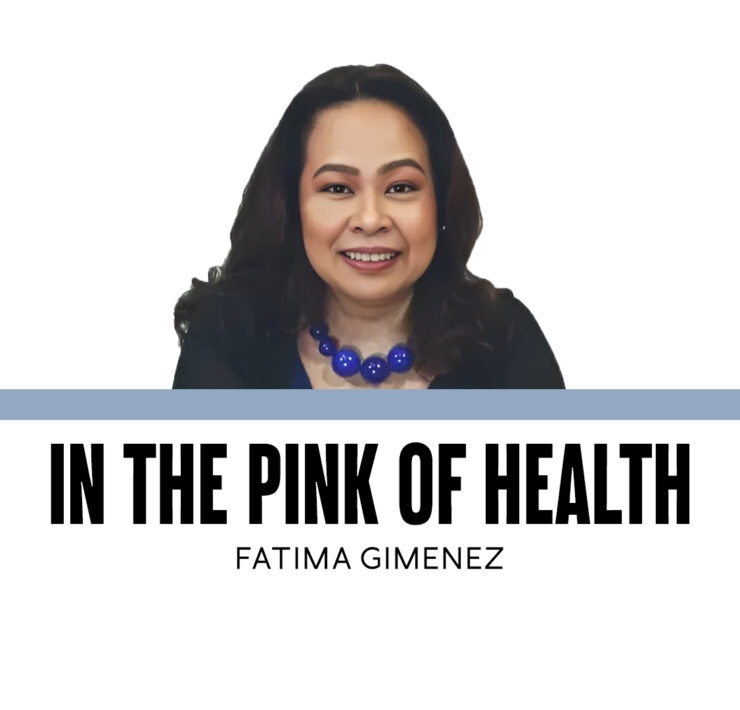Buying time

Friedchicken.
We entered the intensive care unit and saw his parents hard at work, decorating his hospital room for his seventh birthday, which was just a few hours away. Taking a deep breath, I introduced myself and told them that their son had been referred to our service for infectious disease comanagement. The discussion that followed was difficult, especially when they asked how such a thing could have happened to their only child, when they had not been remiss in seeking consult. That particular question had no answer. It was somewhat similar to being asked why bad things happen to good people.
Near his bed, Daddy had placed a bag full of his favorite snacks, and on a chair were brown packages containing chicken from his preferred fast-food restaurant. There were still diagnostics to be done the next day. His Glasgow Coma Scale was at 3. On both sides, we knew that the prognosis was poor. We ended the conversation after they assured us that there were no further queries about their son`s medical condition. As we were about to leave the unit, Daddy caught up with us, took my hands and thanked me profusely.
#Porkbarbecue
He was holding a small wooden cross in his right hand and reached out with his left to take my hand and lightly grip it with his while saying, “Thank you, doctor.” He had requested the day before that the medical team present him with his most recent findings. We had gathered the night before to discuss our plans after we had received his imaging results, which confirmed that his cancer had metastasized. The week before, I had to apologize to my colleagues in the group because I failed to rein in my emotions while in a conversation with him and his parents. The tears just fell. Sharing this with my friend and mentor, he gently reminded me that as doctors, patients and their families rely on us as a source of strength and direction. There are multiple ways to let them know that you empathize.
How many times have you been taught a lesson by someone who is going through something inevitable? Our 16-year-old patient is teaching us how. His take-charge attitude not only keeps us on our toes but also preserves the light atmosphere that we are striving to constantly recreate amidst an intense situation. Living each day with no hope for a cure, alongside the fear of the unknown, could probably be one of the worst—if not the worst—experience for anyone. What more for a child whose hopes and dreams are yet to be fulfilled?
His lesson plan for you and me.
Lesson number one. Keep believing that God knows what is best for you, even if you cannot grasp it at the moment.
Lesson number two. Be proactive in your medical care. If you must know, doctors prefer that you do. Ask questions. As a patient, it is your right. Selfish as it may sound, knowing that a patient fully understands his condition lessens the burden of being the bearer of less-than-good news.
Lesson number three. Prepare for possibilities. When told that there may be eventual gastric obstruction, he playfully and matter-of-factly said, “Then I should be eating what I want in the eventuality that I wouldn’t be able to eat and taste food.” Before this current hospitalization, his diet was carefully being monitored. For those who are and have been living with cancer, you know how your doctor must have advised you against eating any type of processed, canned, charcoal-cooked, or sugar-laden foods. For lunch that day, he not only enjoyed but savored his pork barbecue.
Lesson number four. Try to give feedback on how you are feeling. Our 16-year-old patient is making our job easier by being very forthright and open, leaving us to balance therapeutic management and, at the same time, giving us no room for sugarcoating. In his own fashion, he has and is continually showing us that he is prepared for whatever the future may hold, and that warrants total honesty and transparency on our end.
Lesson number five. Be grateful. He has always shared that he can’t imagine how he would be able to cope if his parents were not by his side, and how thankful he is that our team was doing its best not only to look after him but also to cheer him up.
As doctors, our patients and their families teach us more about life and living. My brother always says that on a daily basis, we have the privilege of witnessing life unfold before our eyes. Matters concerning health are the most unsolvable of problems. That is just the way it is and will always be. Every person has a lesson for you to learn. Health is wealth.


















